Top 5 eCommerce Platforms for International Selling







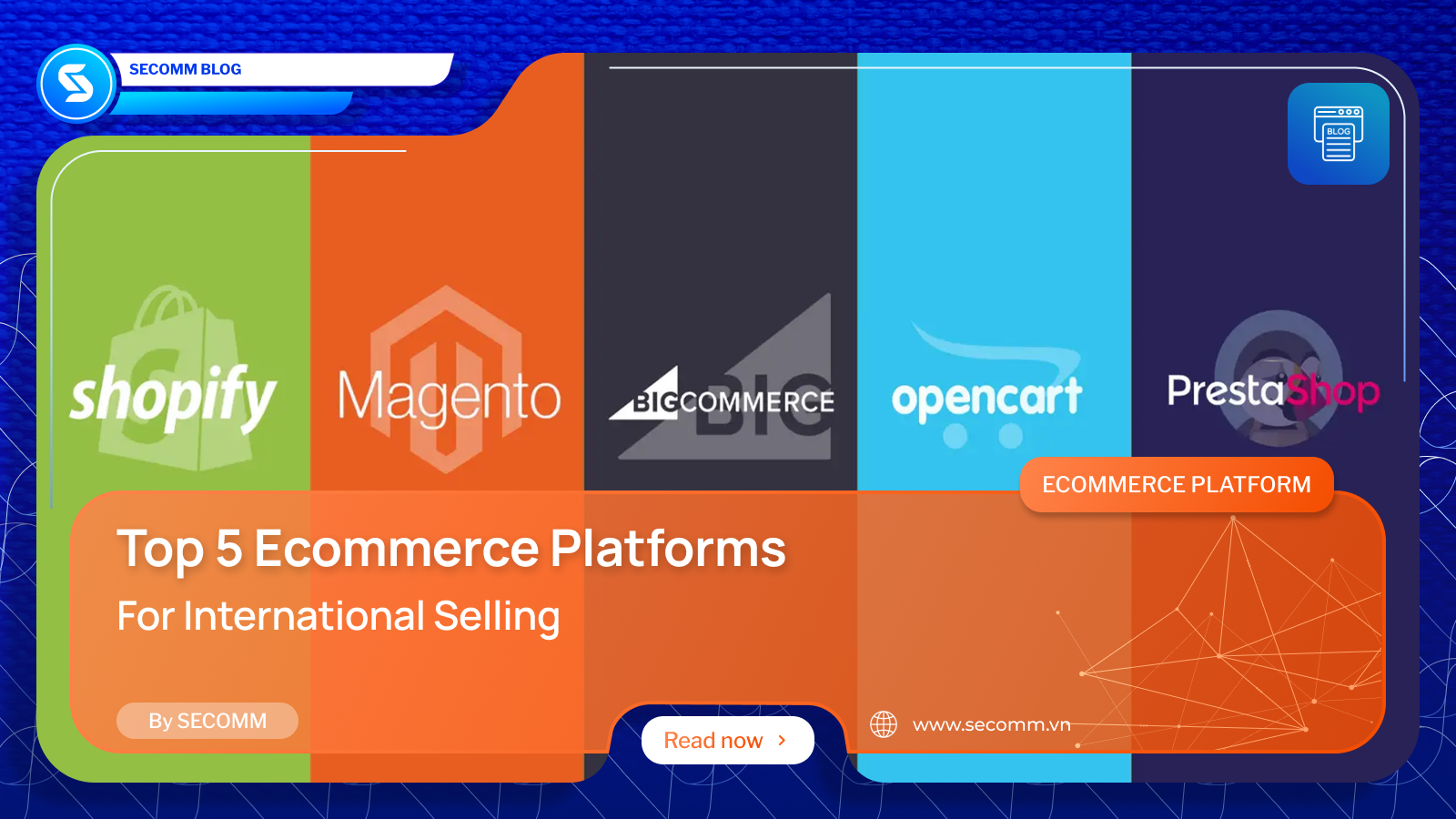
International eCommerce platforms are shaping the shopping trends of modern consumers worldwide, where geographical boundaries are no longer barriers to business activities. With the continuous development of technology and the internet, businesses have the opportunity to reach millions of customers around the globe more easily than ever. However, to succeed in the international market, choosing the right eCommerce platform is crucial.
In this article, let’s explore the top 5 platforms that effectively meet the needs of many businesses for implementing international eCommerce.
1. Shopify
Shopify is a well-known SaaS eCommerce platform for businesses worldwide. It offers an all-in-one solution called Shopify Markets, allowing businesses to start selling in over 150+ different markets and manage efficiently on a single dashboard. Shopify Markets comes in two versions:
- Markets:
Integrated into all Shopify plans, providing core features including:
- Translate and Adapt website content
- Theme Editor
- Custom domain or subdirectory settings
- Product pricing customization by market
- Localized checkout forms
- Product catalogs by market
- Managing multiple markets on a single dashboard
Fees are incurred per international transaction, including:
- 3.9% per transaction for processing local payments
- 0.85% per transaction for using tax and import duty calculation tools
- 1.5% per transaction for currency conversion fees.
- Markets Pro:
Includes all core features plus additional advanced features such as:
- Exclusive shipping rates
- Compliance with local taxes
- Fraud prevention
- Tax setup and labeling
- Automatic tax remittance
- Managing restrictions on international sales
The cost of Markets Pro is 6.5% per transaction, including local payment processing fees, so businesses do not need to pay this fee separately. Additionally, businesses will pay 2.5% per transaction for currency conversion fees.
Advantages:
- Intuitive, user-friendly interface
- Allows setup, optimization, and management of multiple international markets on a single dashboard
- Supports multi-language, multi-currency configurations and setting specific prices for each market
- Comprehensive solution without the need for third-party system support
- Automates tax calculation and collection, optimizing expenditure planning
- Offers local payment options without restrictions
- Optimizes international SEO
Disadvantages:
- Implementation costs may increase over time
- Requires the Shopify Markets Pro version to access advanced features
- Shopify’s website does not support language variants (e.g., Simplified/Traditional Chinese, Brazilian/European Portuguese)
- High currency conversion fees: 1.5% per transaction for the standard version and 2.5% per transaction for the Pro version
- Requires knowledge of international trade and a well-defined business strategy
- Advanced or Plus plan upgrades are needed for complex customizations
- Depend on the platform.
2. Magento
Implementing international eCommerce involves many challenges related to language, currency, and taxes, requiring websites to be optimally customized to provide the most engaging customer experience. This is why Magento is on this list.
Some standout features of Magento that support international commerce include:
- Multi-store, multi-language, multi-currency, and multi-region management
- URL localization, Meta Description, and targeted keywords
- Currency selection and automatic conversion
- Region-based tax calculation
- Customizable formats
- Efficient multi-location inventory management
Advantages
- Open-source code allows for easy customization and expansion of international stores.
- Efficient centralized management of stores.
- Optimization for international SEO.
- Partnerships with hundreds of leading global payment gateways, enabling easy integration via API.
- Partnerships with top shipping companies worldwide, allowing seamless integration via API.
- Collaborations with reputable currency exchange services, ensuring competitive rates and providing customers with the best shopping experience.
- Large Magento community, including developers and businesses, facilitating quick and effective support and collaboration.
- In-depth technical support.
Disadvantages:
- High initial implementation costs.
- Complex implementation process with a typically long deployment time.
- Requires knowledge of international trade and a well-defined business strategy.
- Requires good technical skills for complex customizations.
3. BigCommerce
Similar to Shopify, BigCommerce is also a SaaS eCommerce platform that provides international eCommerce solutions. The platform offers features and tools to help businesses expand their operations in the international market simply and effectively.
Some standout features of BigCommerce supporting international eCommerce include:
- Easy and quick setup of multiple stores, multi-currency, and multi-language options
- Localization and personalization of the shopping and checkout experience for each international store
- Management of all international stores on a single dashboard
- Support for B2C and B2B deployment with customizable shopping experiences for each customer segment
- A wide range of integrations for order processing and shipping
Advantages:
- Intuitive, user-friendly interface
- Quick setup and efficient centralized store management
- Easy integration of international payment and shipping methods
- Optimized processes for calculating and collecting taxes
- Mobile-optimized design to reach a broader customer base
- Support for implementing localized marketing strategies
- Multilingual customer support services
- Optimization for international SEO
Disadvantages:
- Initial implementation fees are not disclosed, making it difficult to estimate costs
- Requires knowledge of international trade and a well-defined business strategy
- Dependence on the platform
- Limited customization options compared to Open Source platforms
- Restrictions on interface customization
4. OpenCart
Similar to Magento, OpenCart is a popular open-source eCommerce platform used for international eCommerce implementation. This platform offers many useful features and tools, allowing businesses to better serve global customers.
Some standout features of OpenCart supporting international eCommerce include:
- Management of multiple stores on a single dashboard
- Customizable localization settings for international stores
- Support for over 40 different languages
- More than 36 integrated payment gateways and seamless integration with many other payment gateways available on the OpenCart marketplace
- A wide range of popular global payment options integrated by default
Advantages:
- High customization and scalability
- Support for multiple languages and currencies
- Partnerships with many leading global payment gateways, allowing easy integration via API
- Partnerships with top global shipping companies, allowing seamless integration via API
- Optimization for international SEO
- Rich library of themes and extensions
- Large user community
Disadvantages:
- High initial implementation costs
- Complex implementation process with typically long deployment times
- Requires knowledge of international trade and a well-defined business strategy
- Requires good technical skills for complex customizations
5. PrestaShop
Another widely used open-source eCommerce platform for international e-commerce implementation is PrestaShop. With excellent customization and scalability, as well as outstanding tools and features, PrestaShop is the perfect choice for businesses looking to expand globally.
Some standout features of PrestaShop supporting international eCommerce include:
- Unlimited product and inventory management
- Order and customer management
- A wide range of global payment and shipping options
- Management of multiple stores on a single dashboard
- Advanced reporting and analytics
Advantages:
- High customization and scalability
- Partnerships with many global payment gateways, allowing integration via API
- Partnerships with major global shipping companies, allowing seamless integration via API
- Optimization for international SEO
- Optimized tax calculation and collection
Disadvantages:
- High initial implementation costs
- Complex implementation process with typically long deployment times
- Requires knowledge of international trade and a well-defined business strategy
- Requires good technical skills for complex customizations
- Occasional performance issues
The Bottom Line
The above provides an overview of the top 5 platforms for implementing international eCommerce, each with its advantages and disadvantages. Depending on the scale, budget, and technical requirements, businesses can choose the most suitable platform for themselves.
Regardless of the choice, investing in a robust and flexible eCommerce platform will help businesses effectively reach international markets, increase sales, and expand their scale.
Need advice on implementing international eCommerce? Contact SECOMM today!








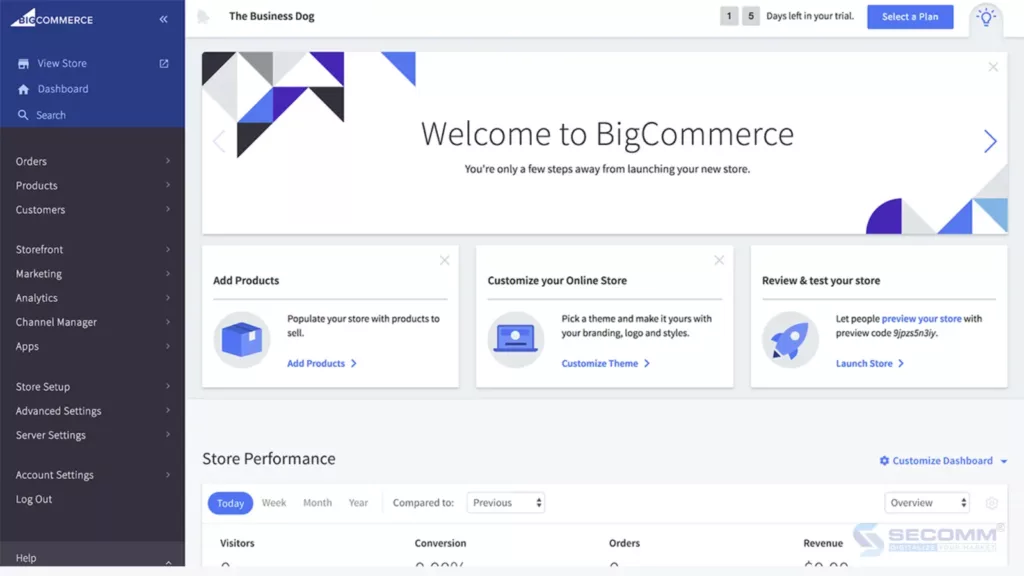
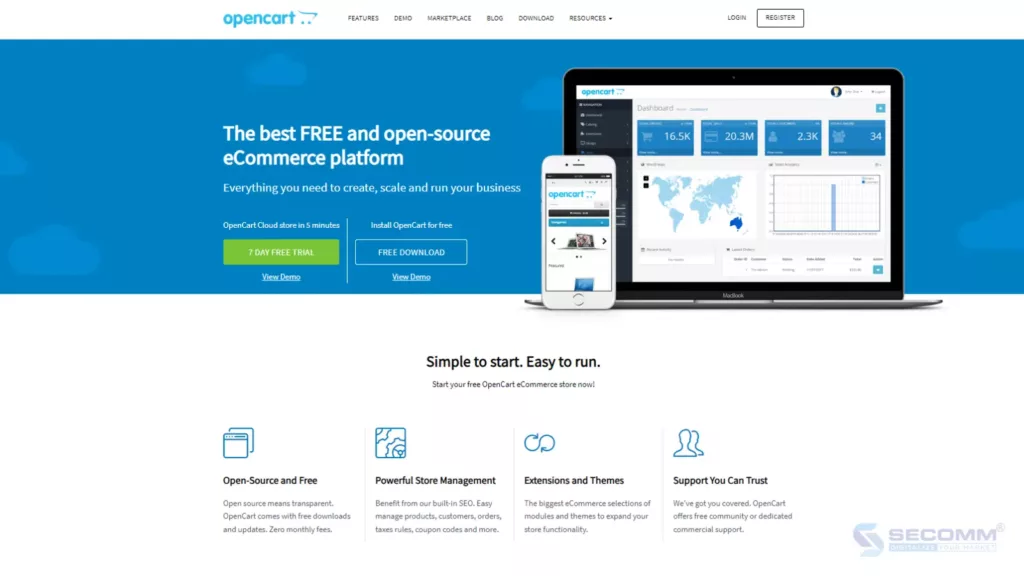


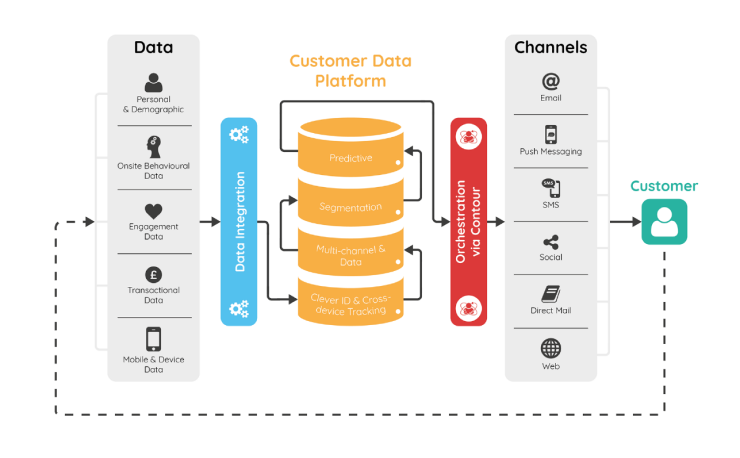
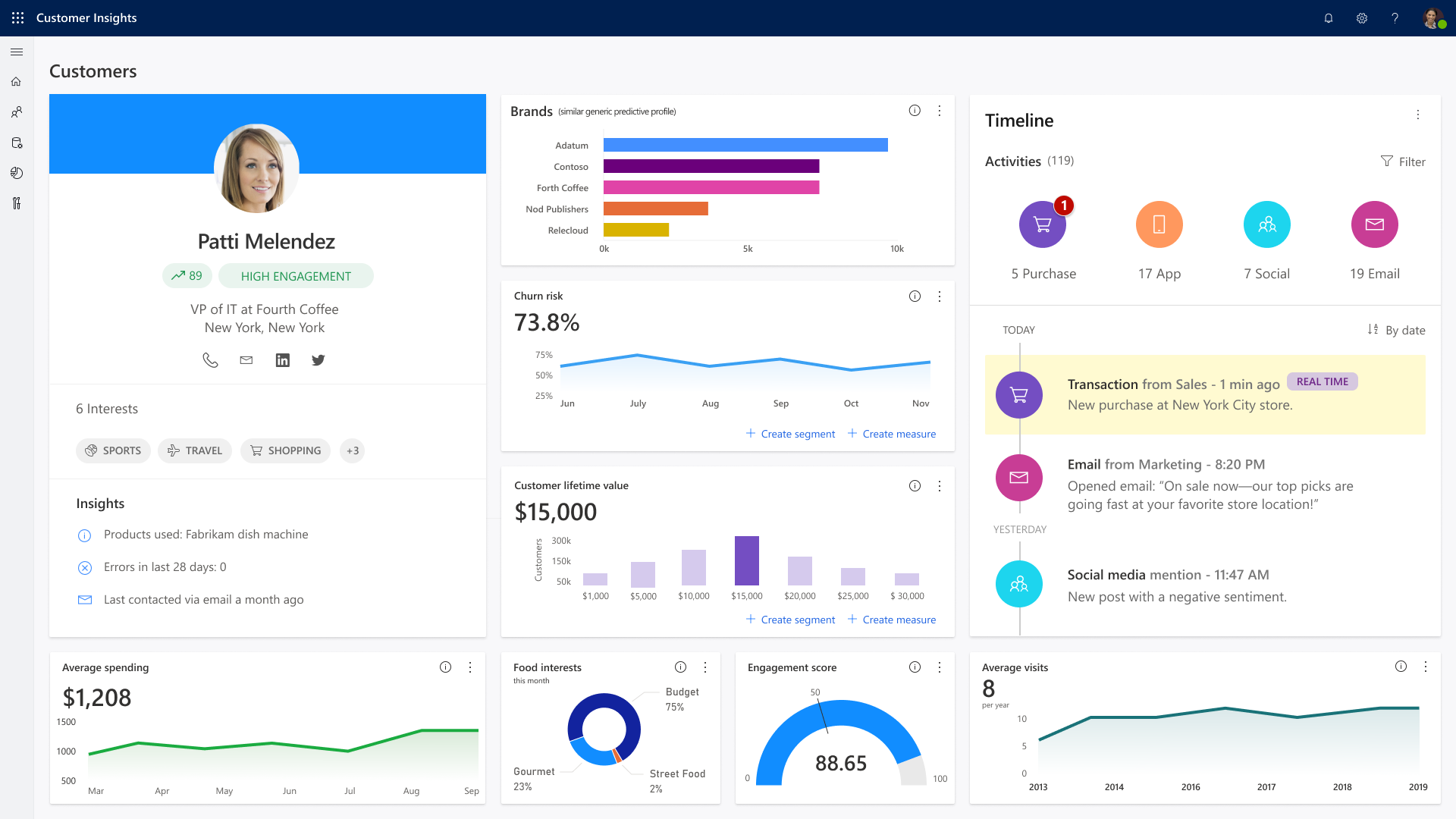















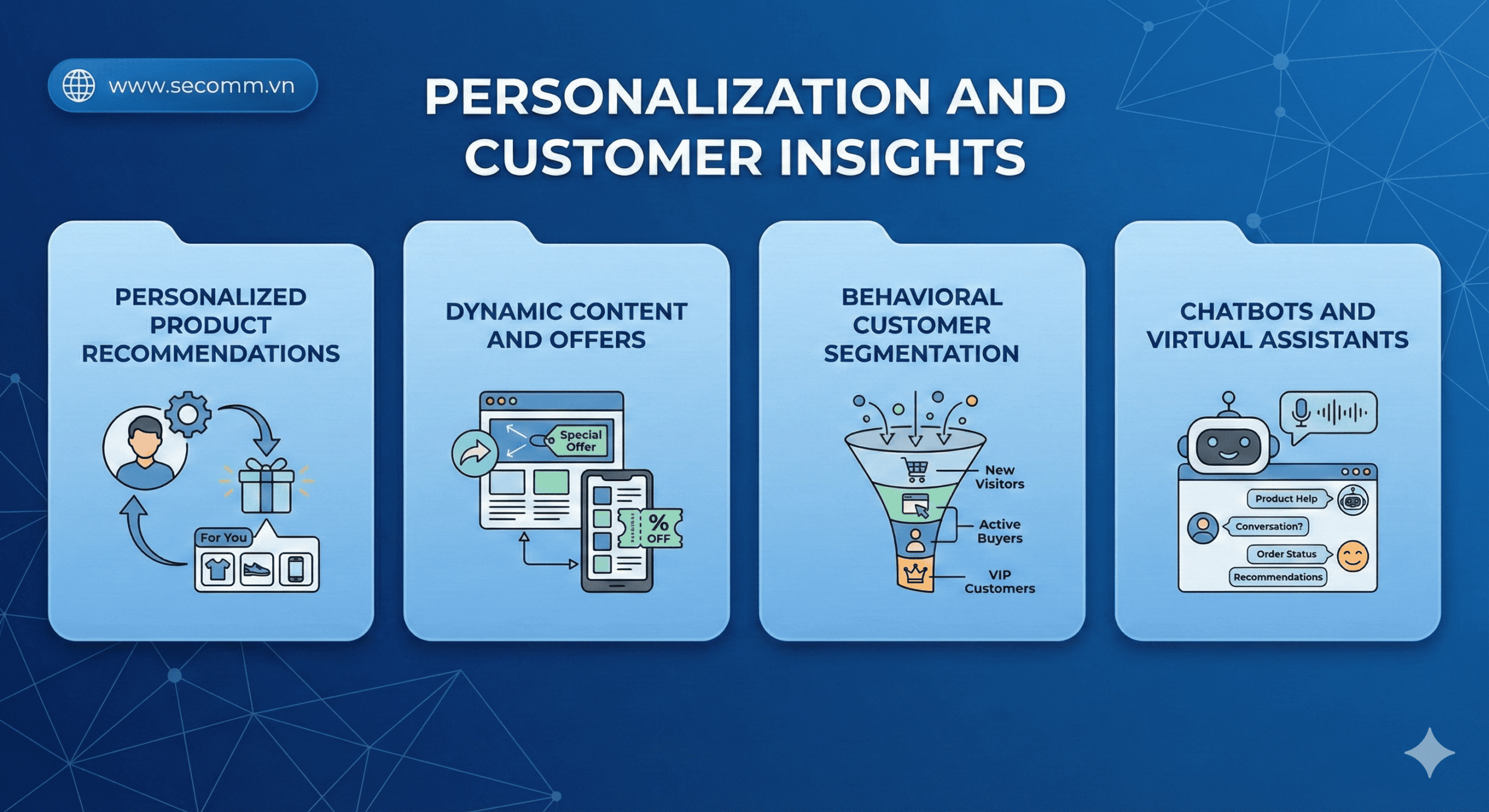
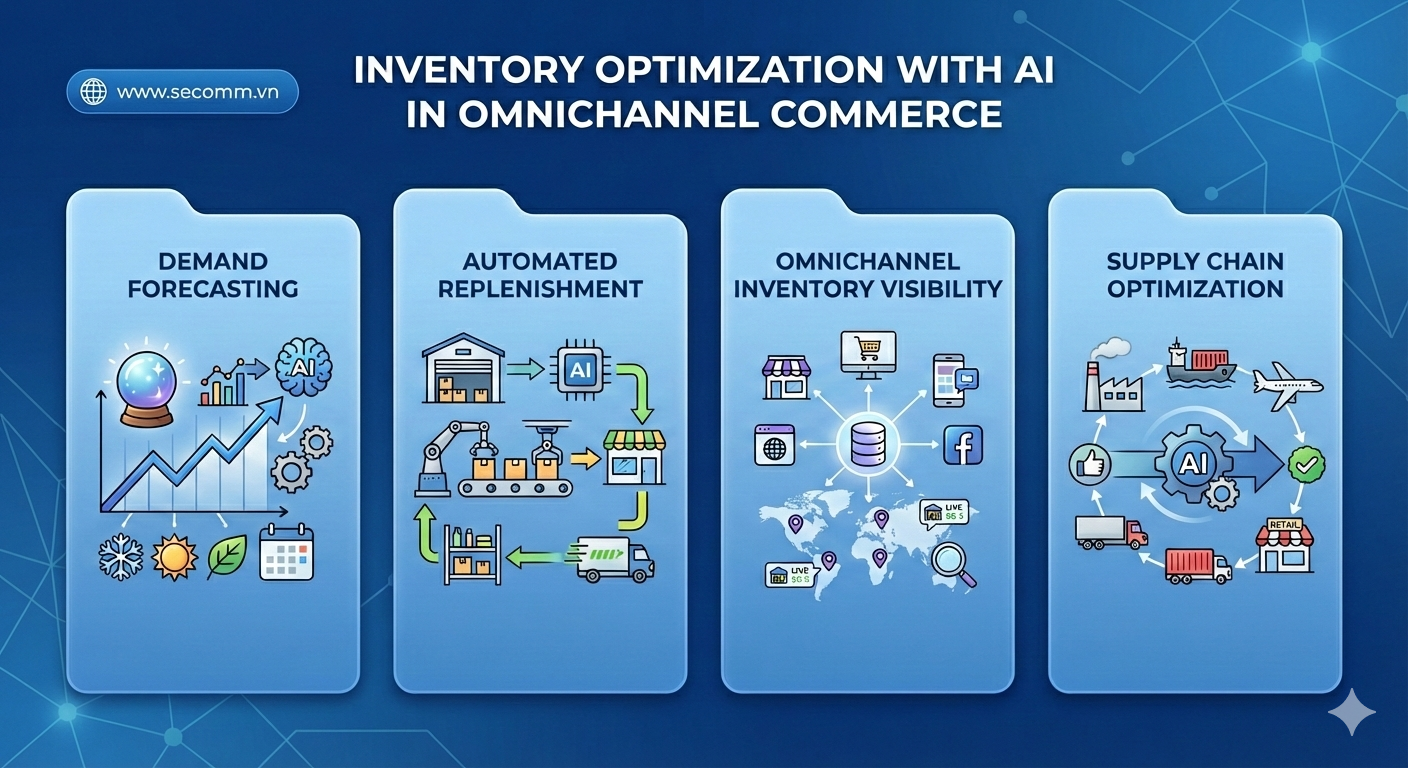
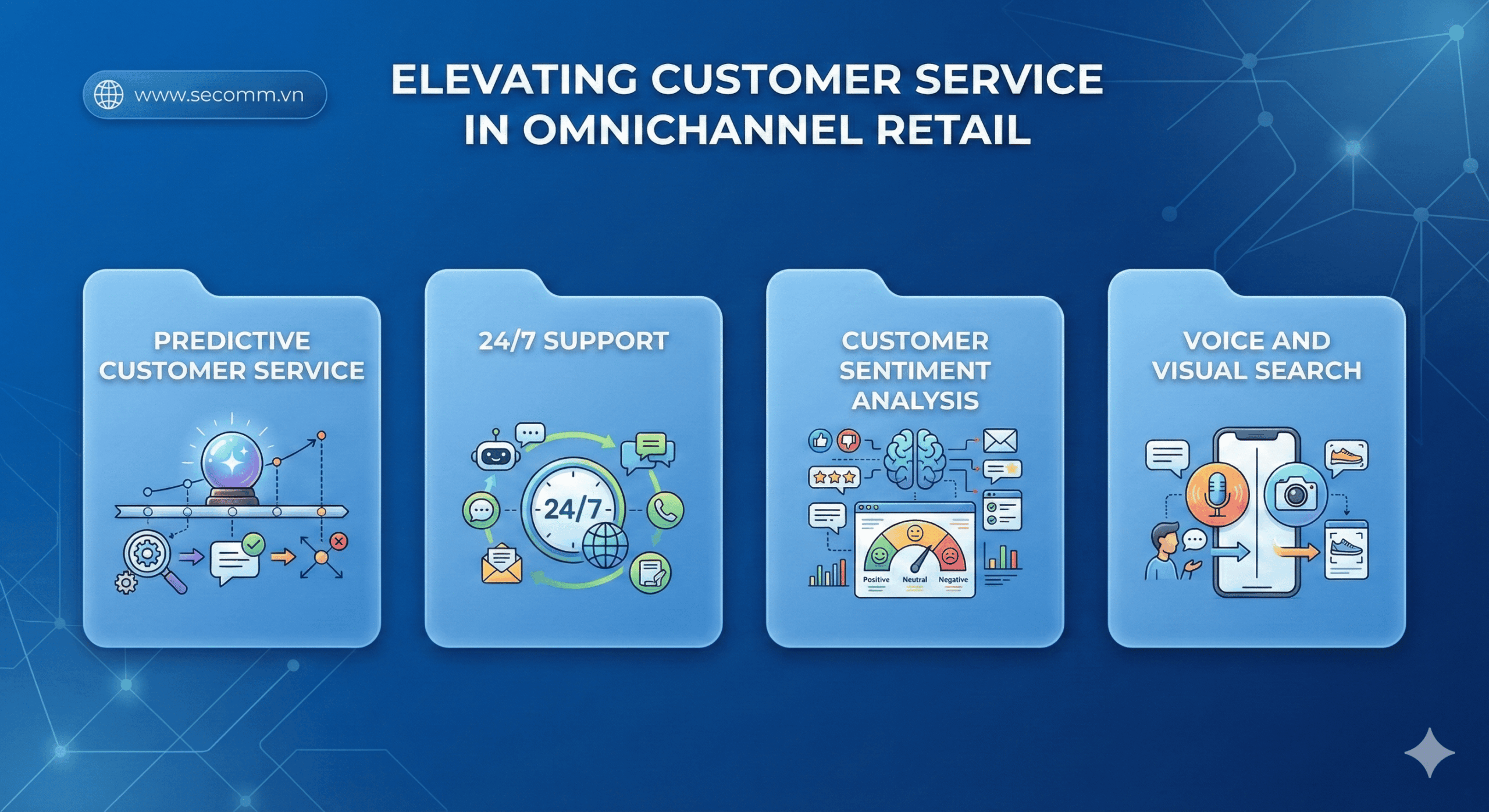
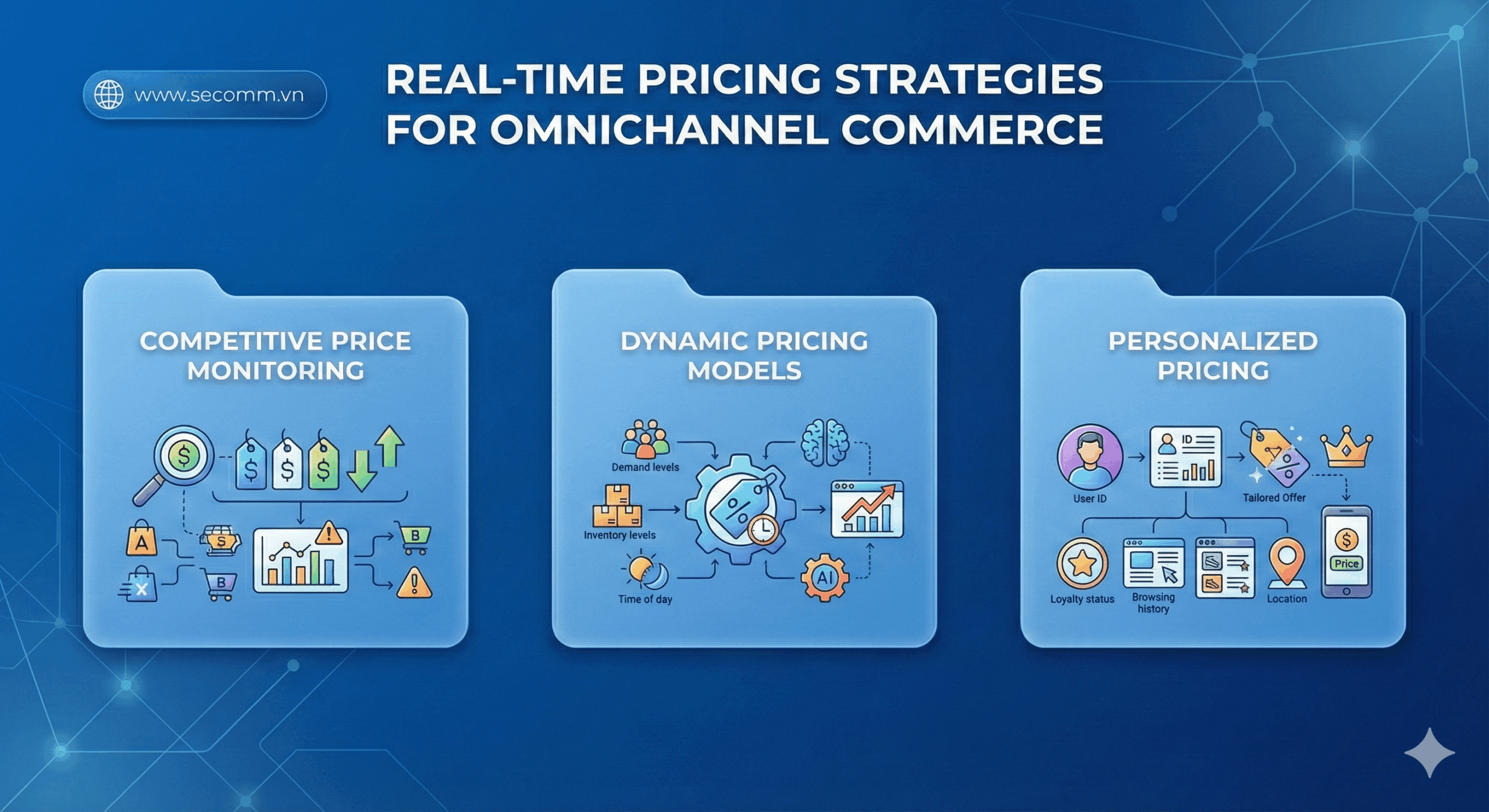

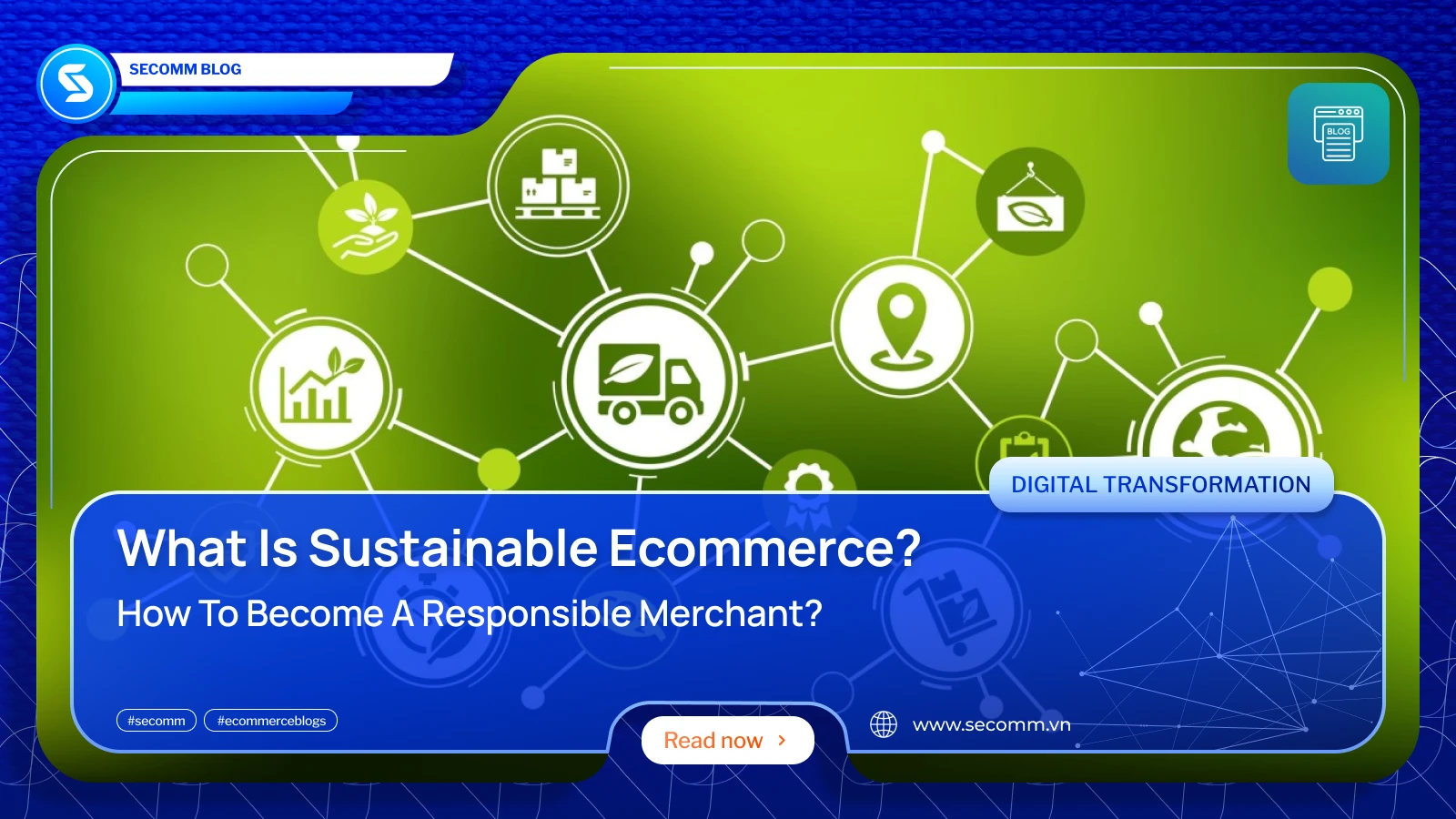

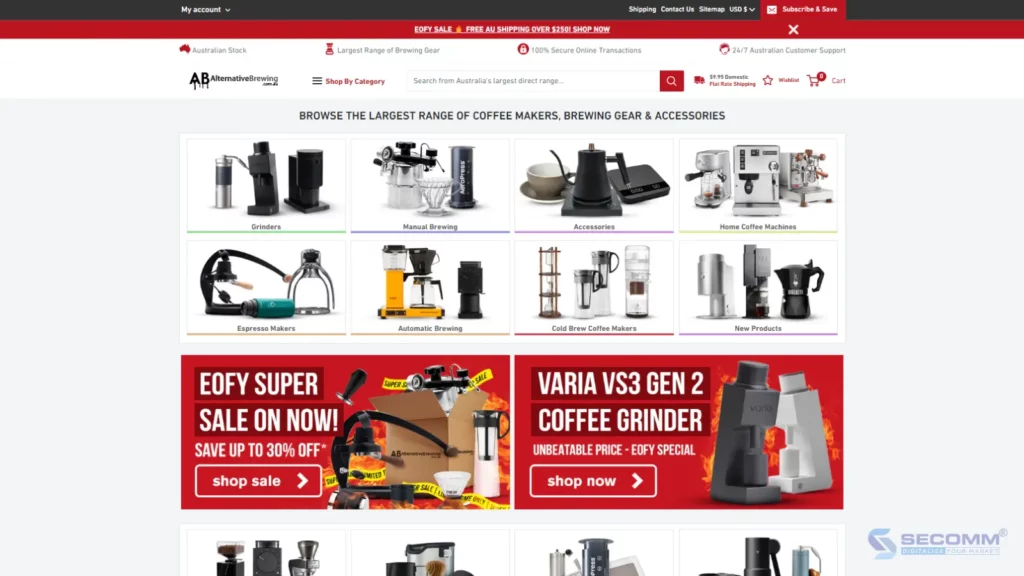





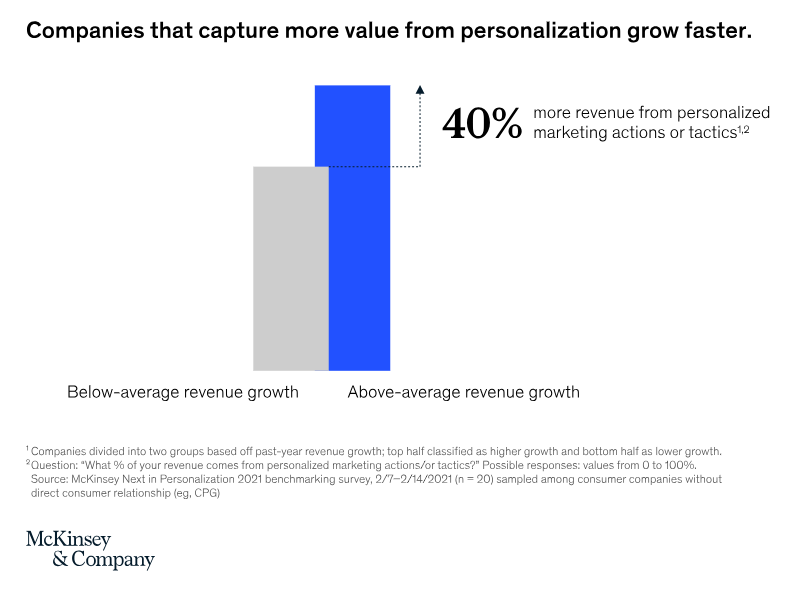
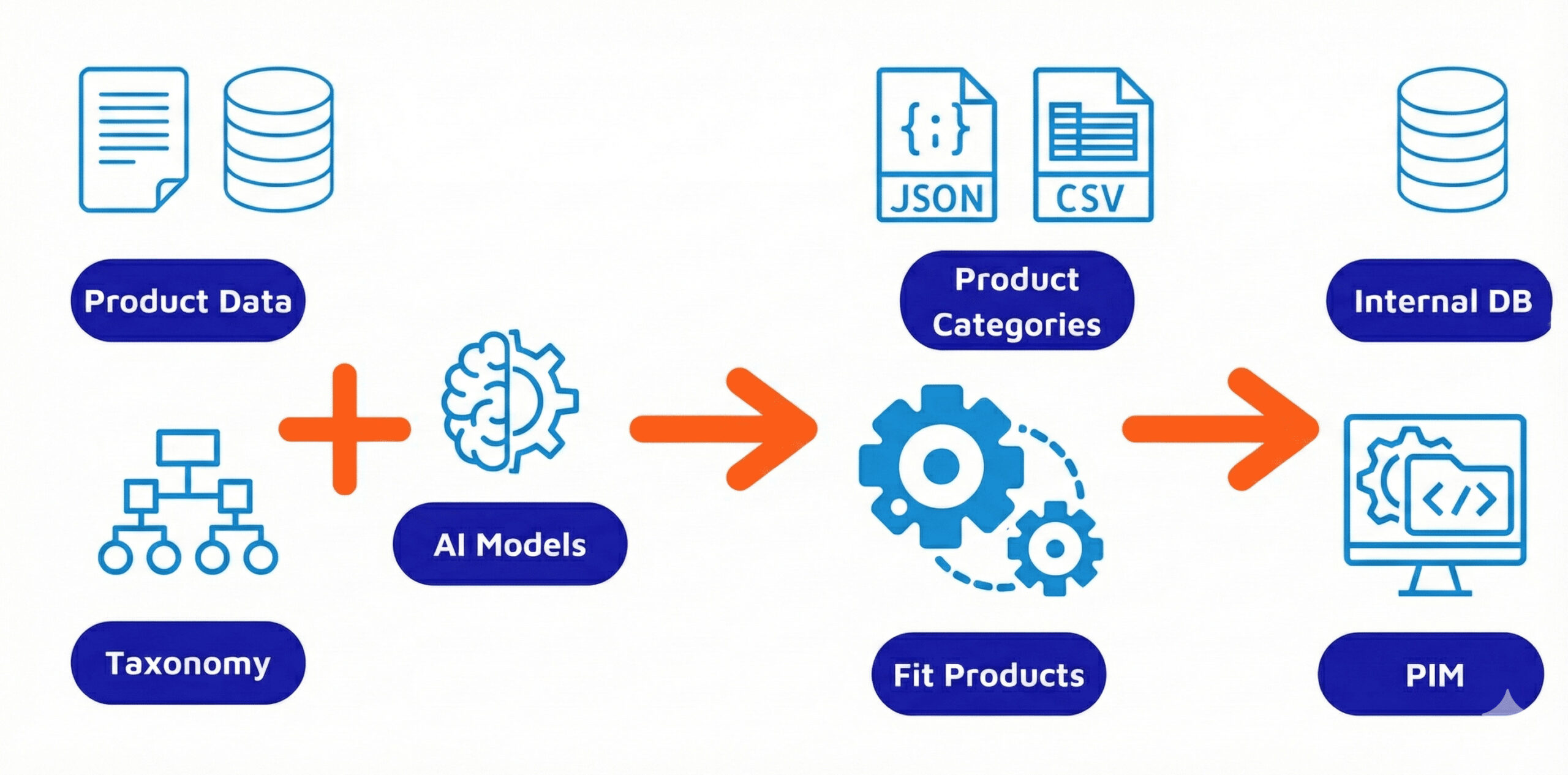

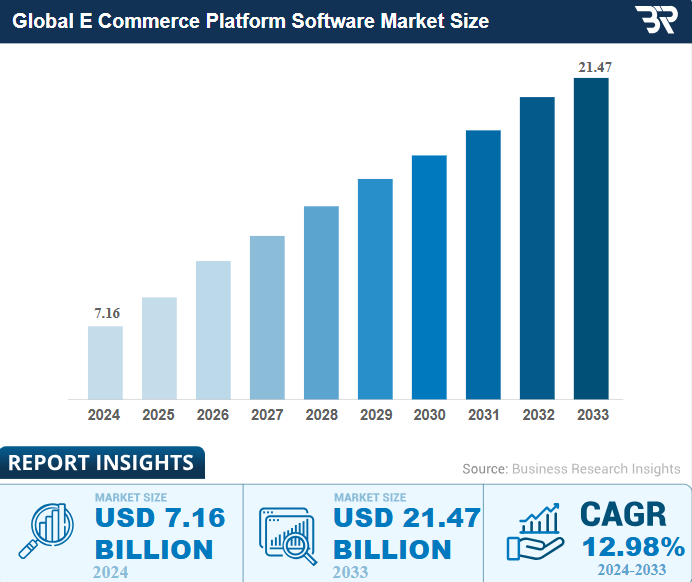

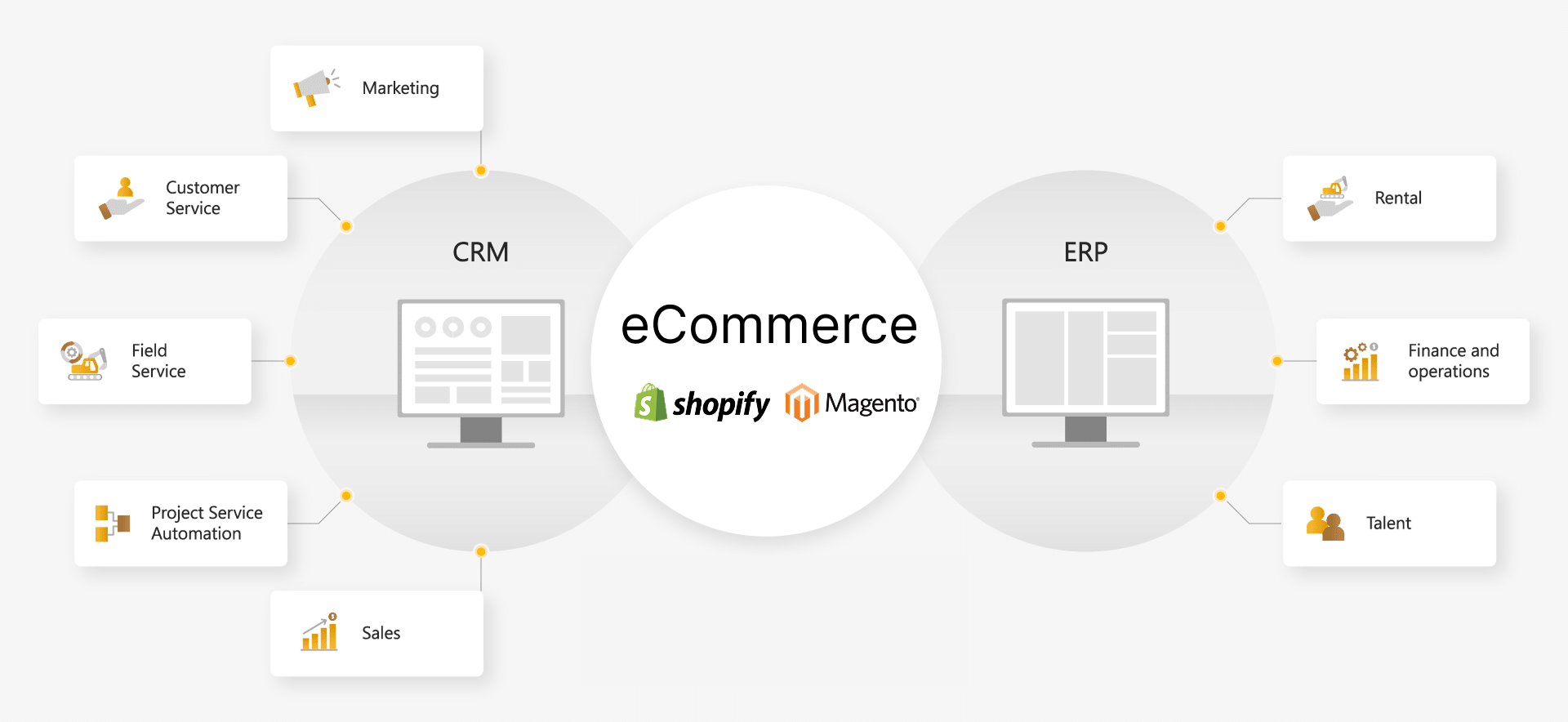
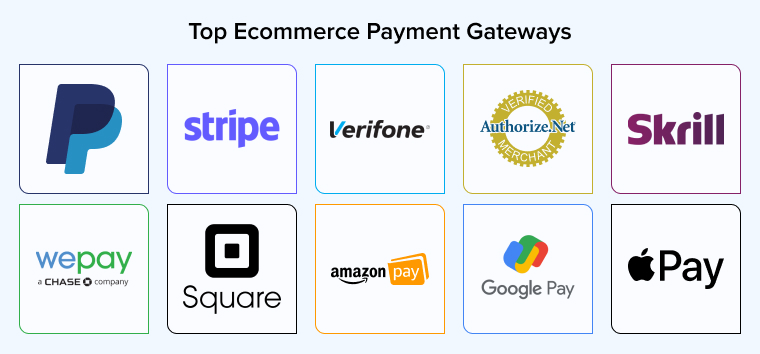
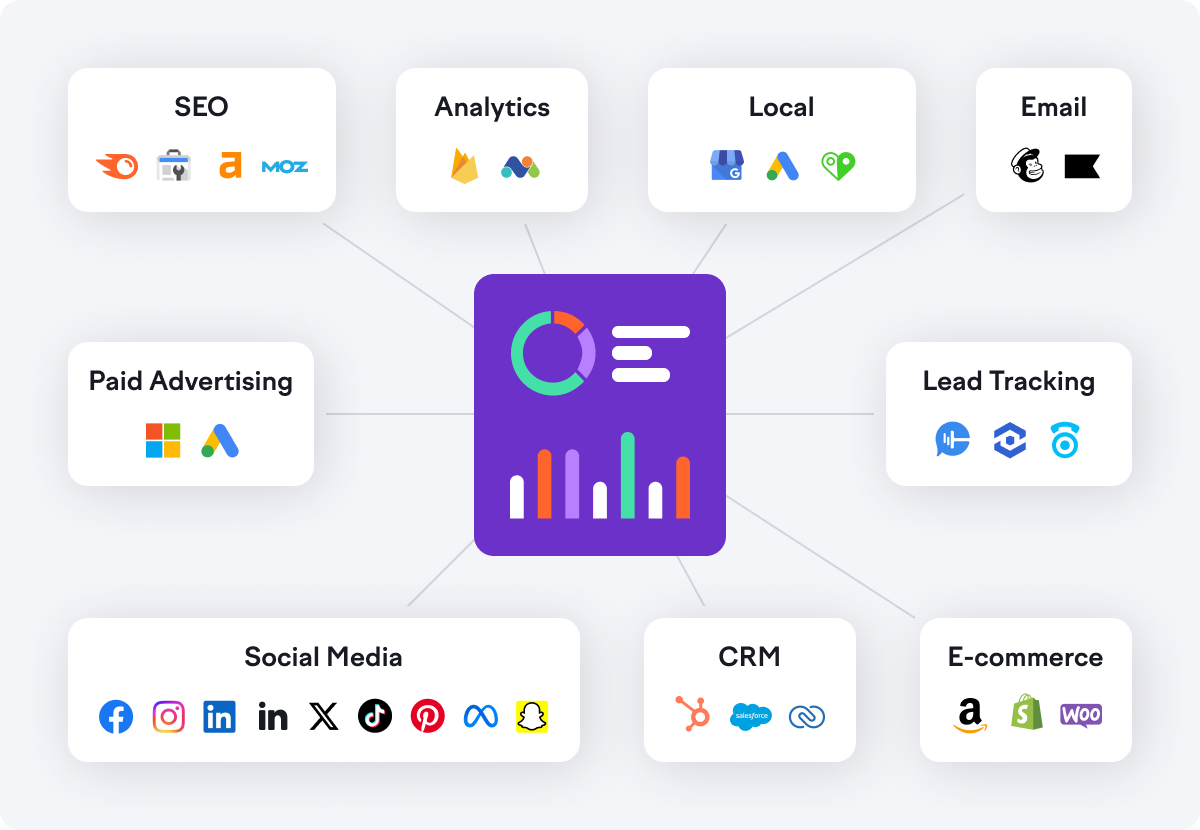

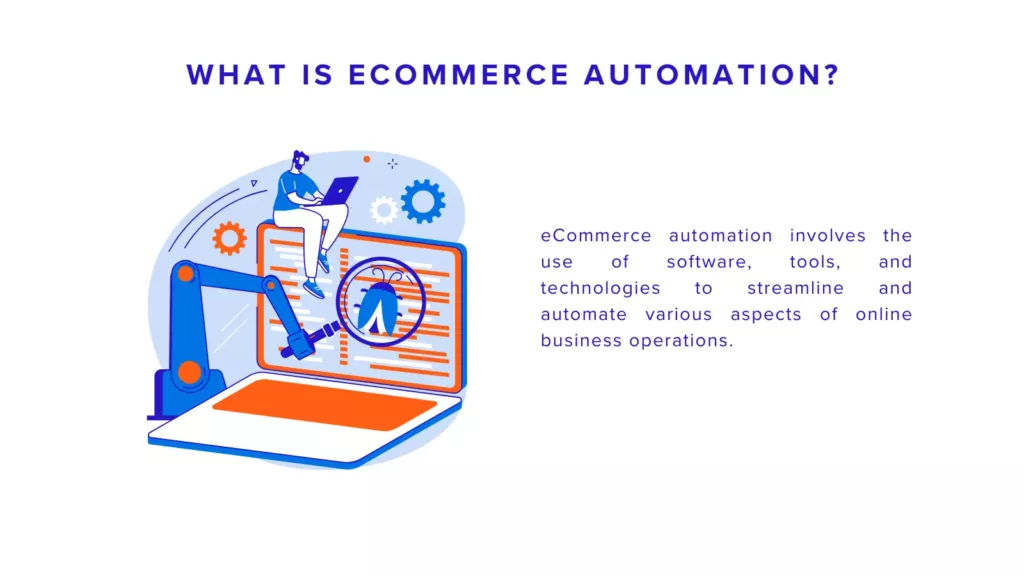
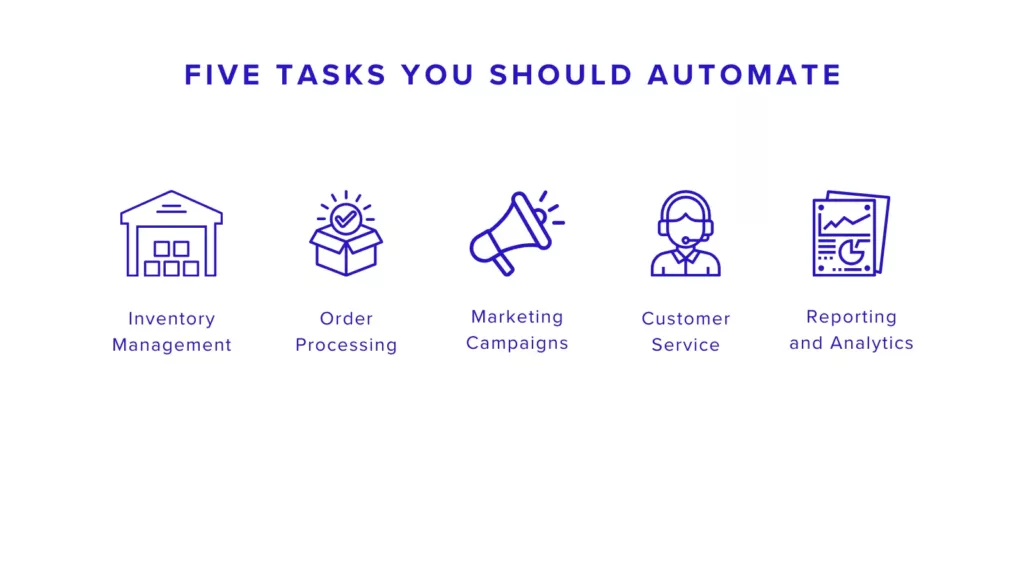
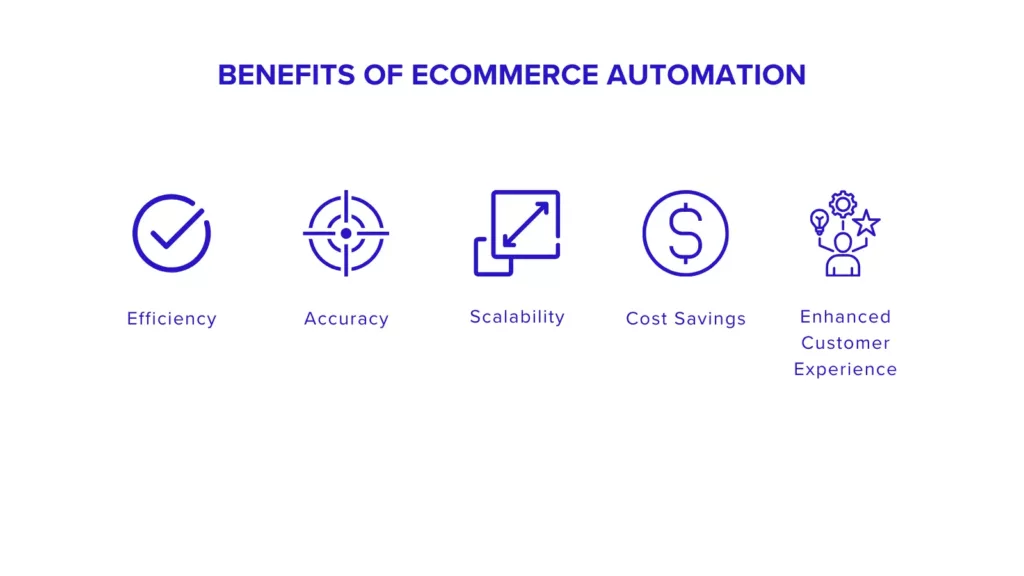
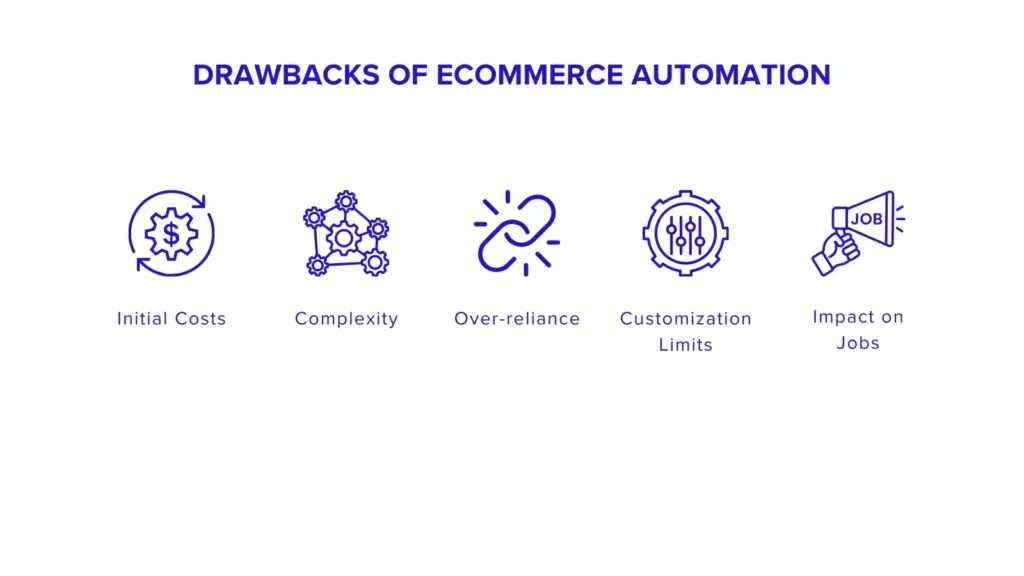

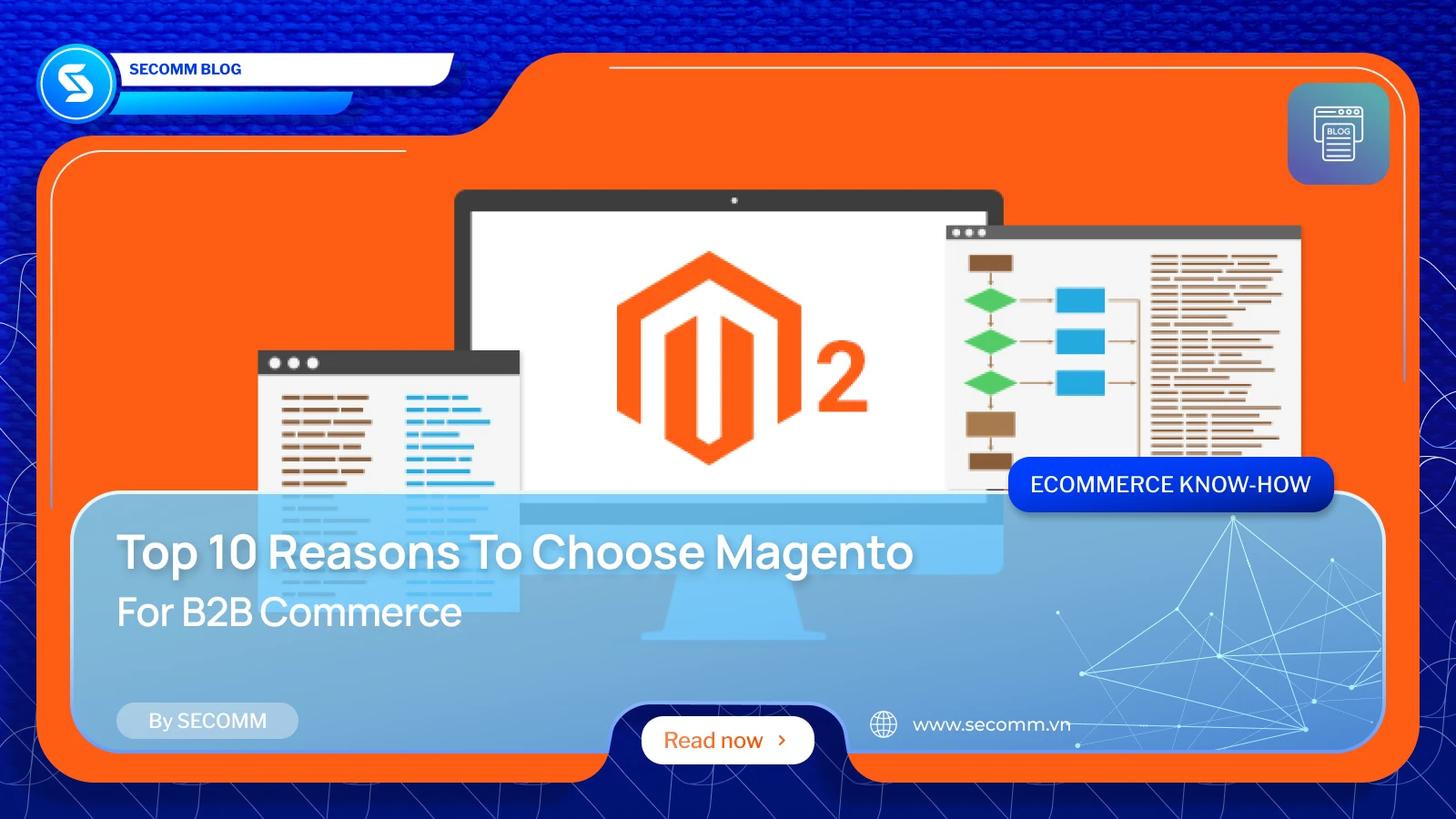
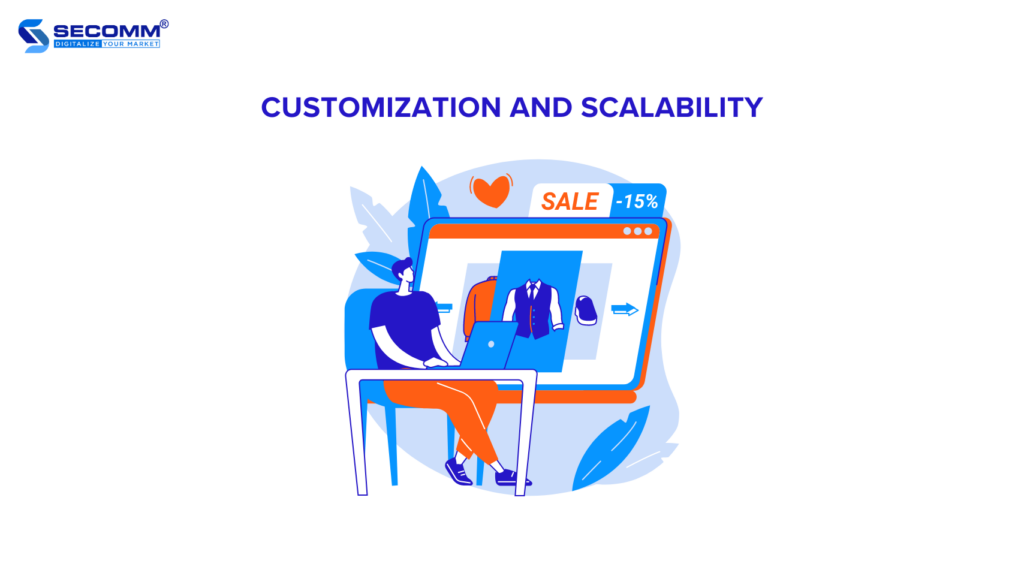

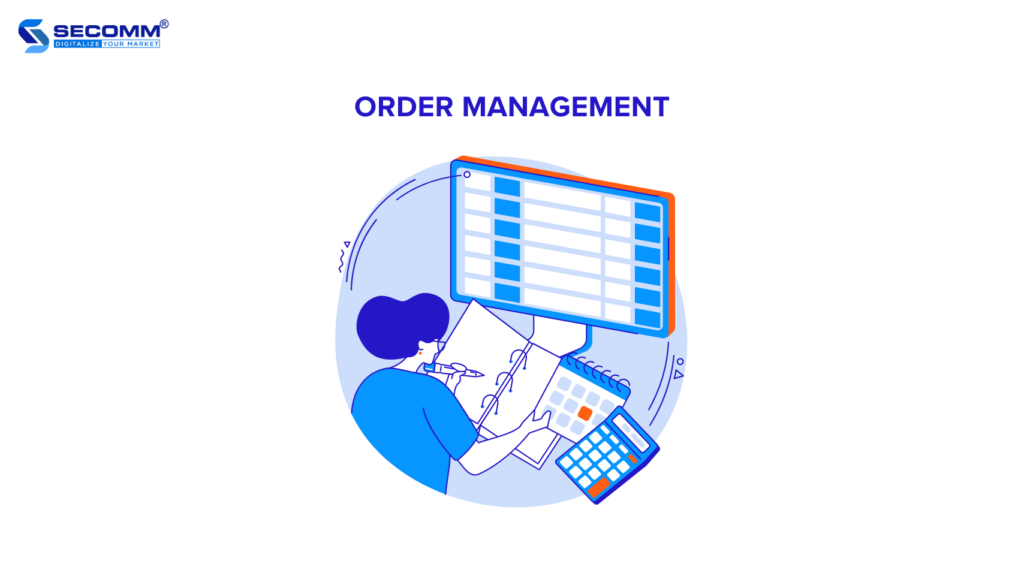
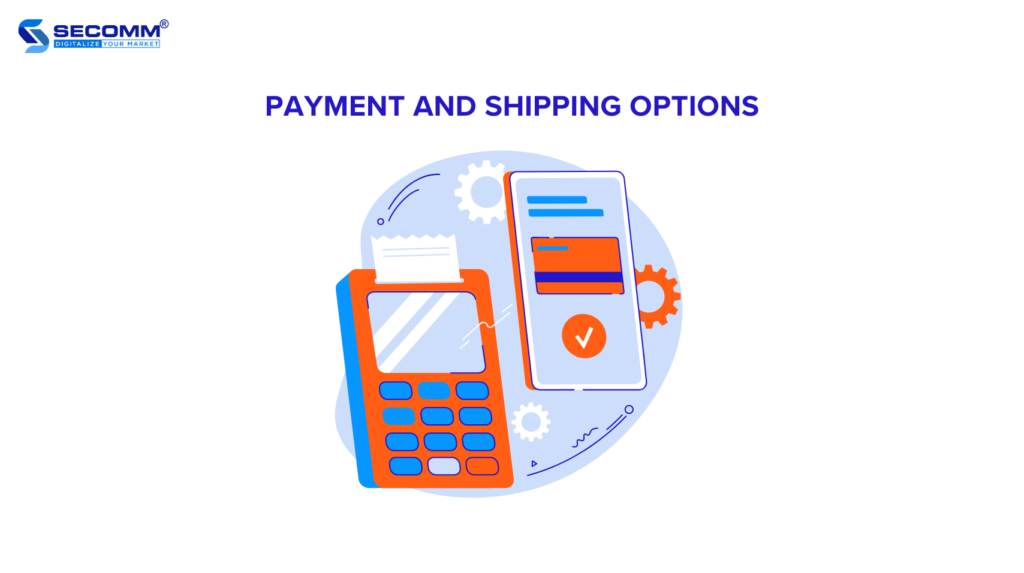


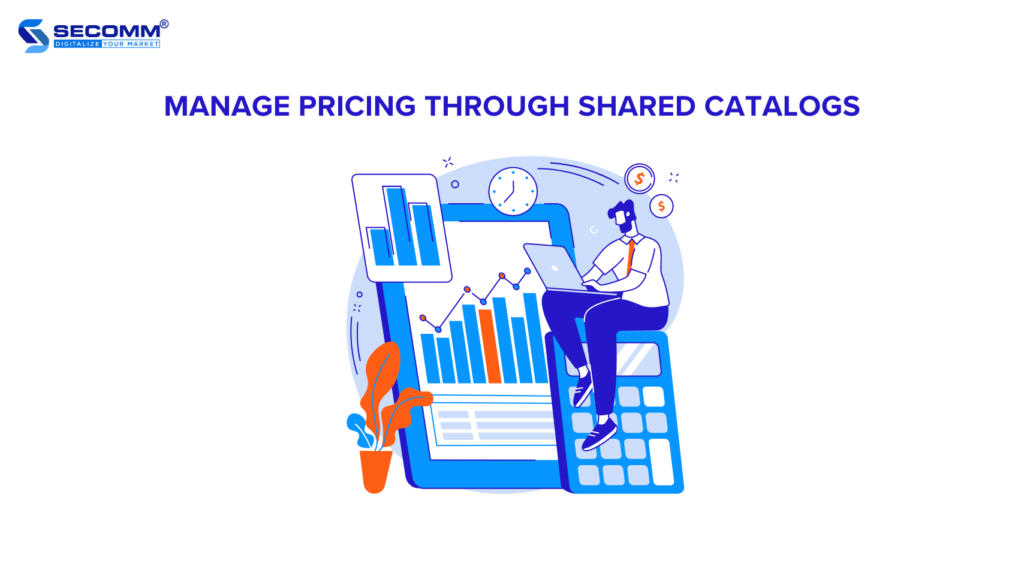




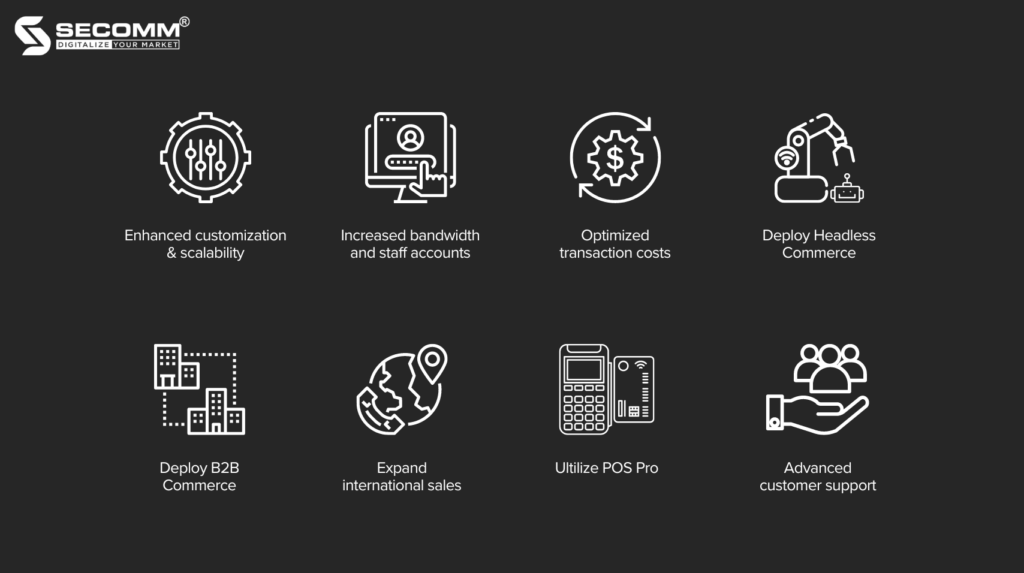
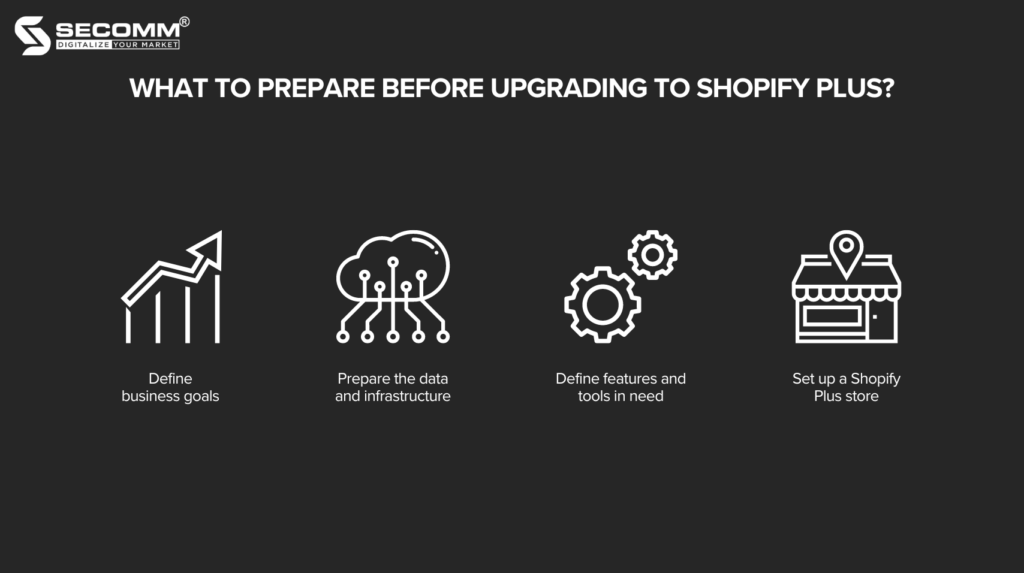
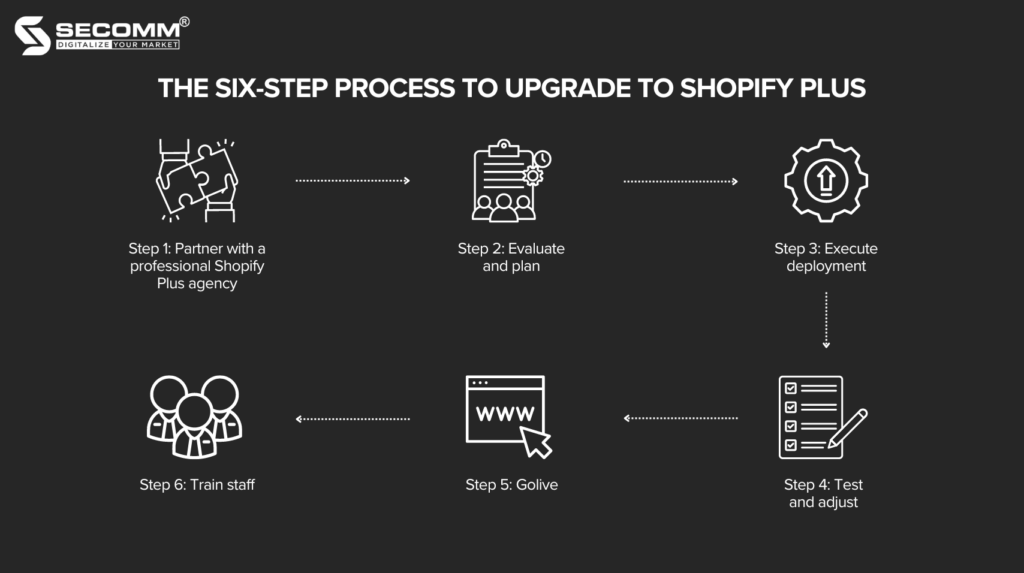






















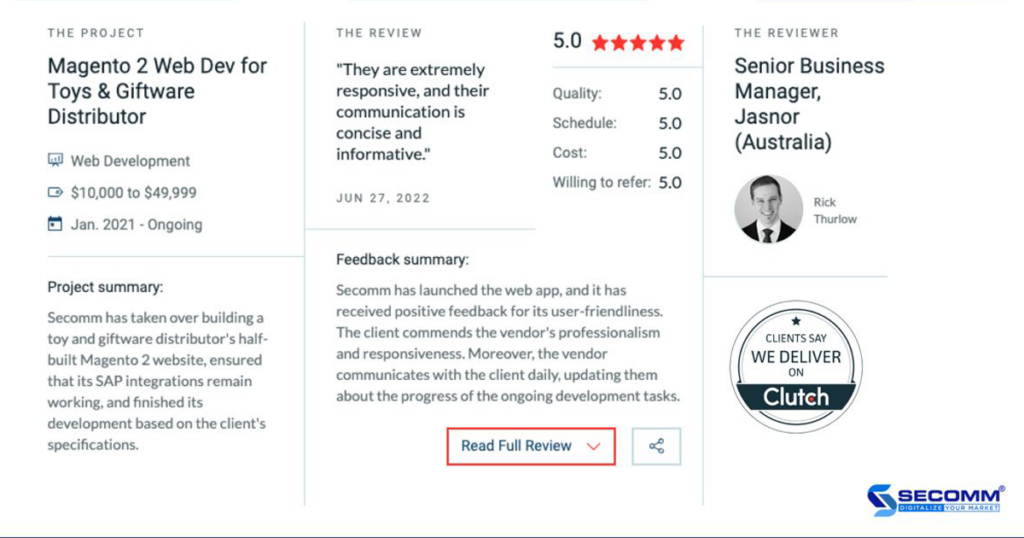
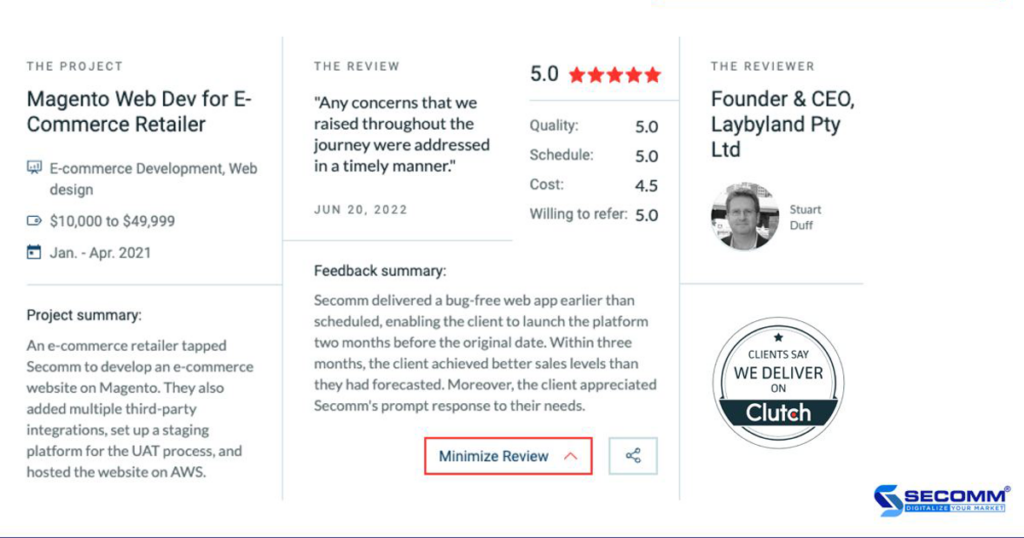

















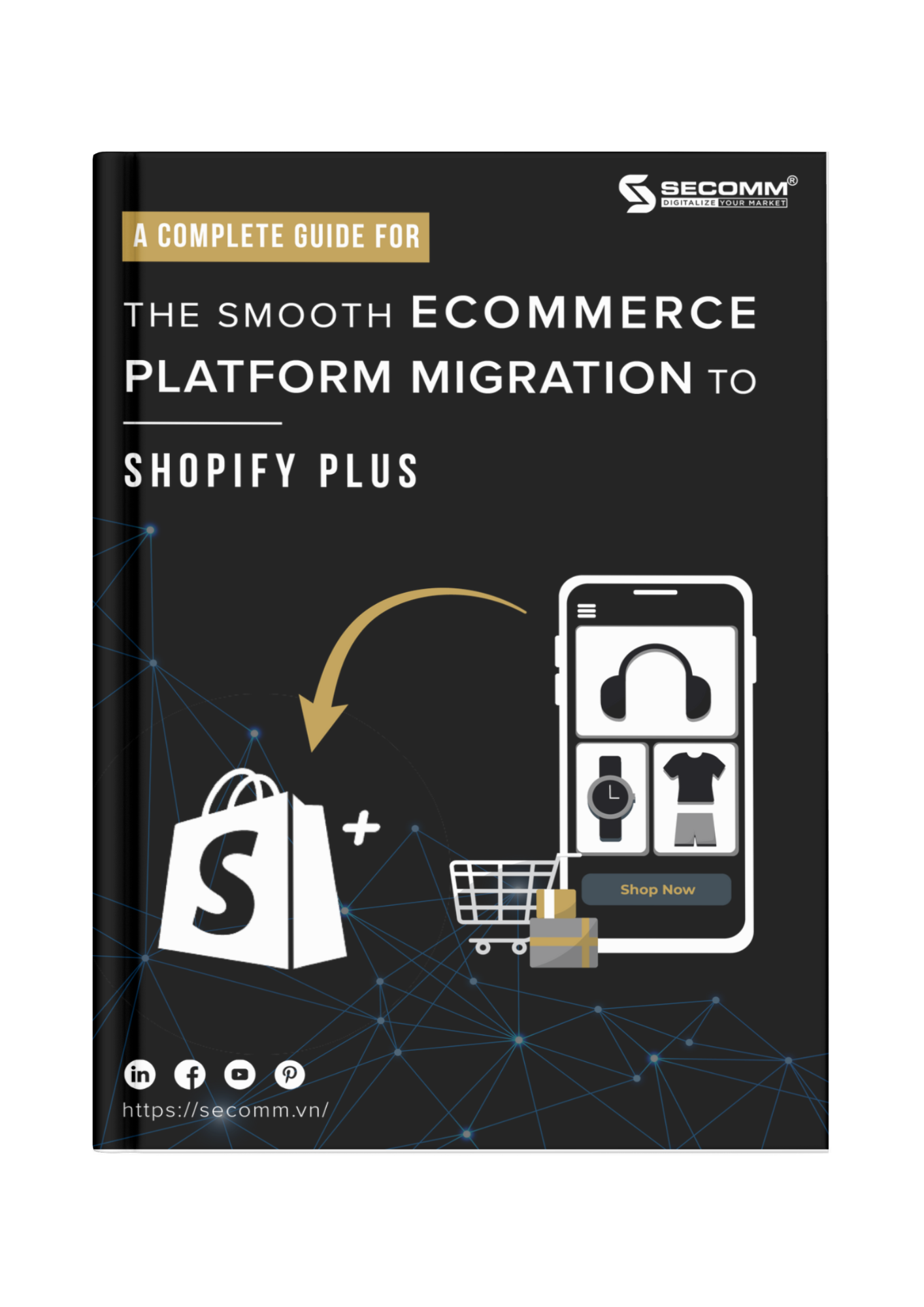



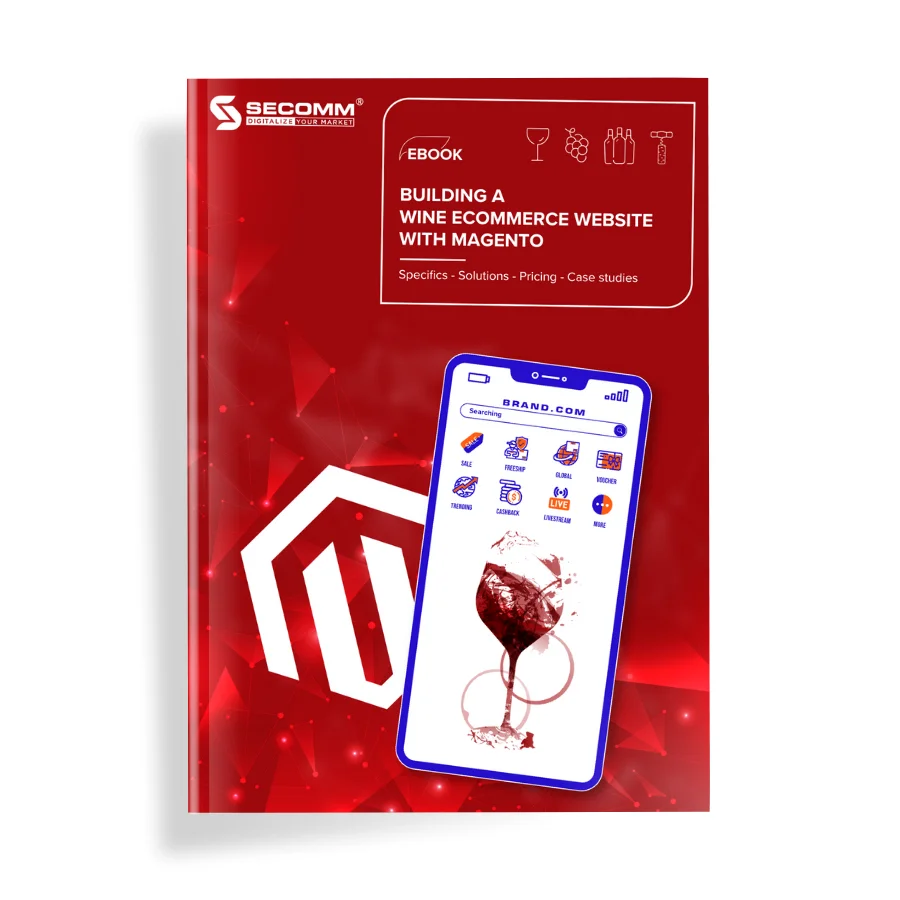
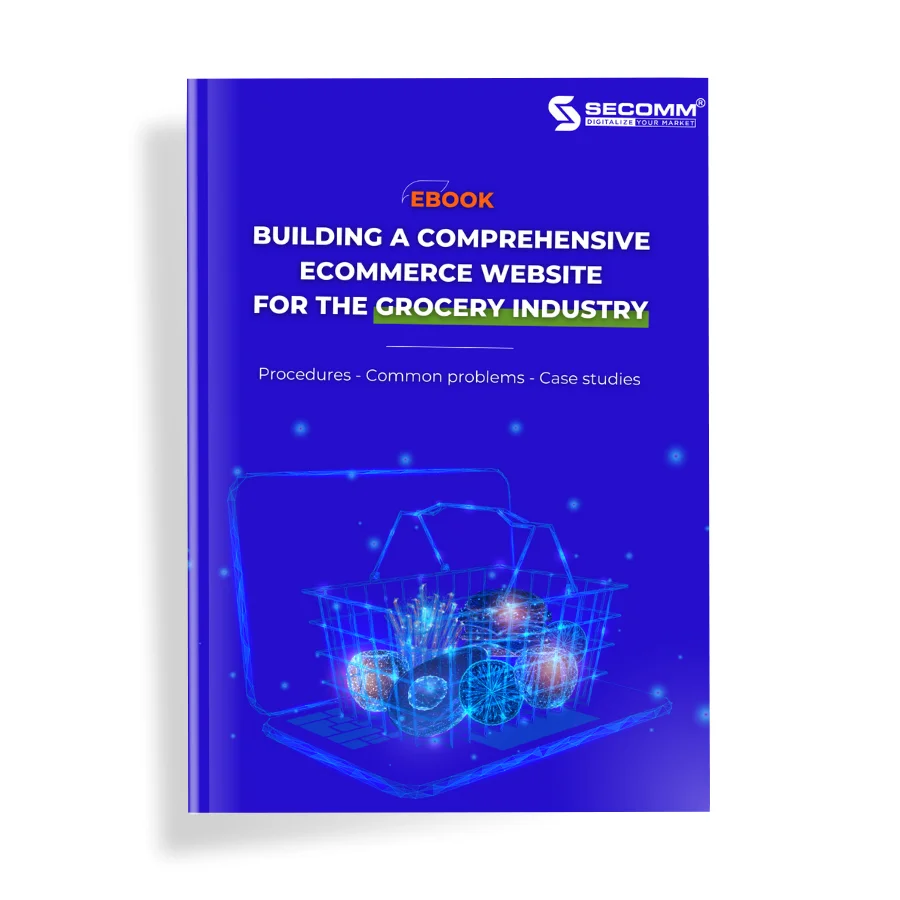
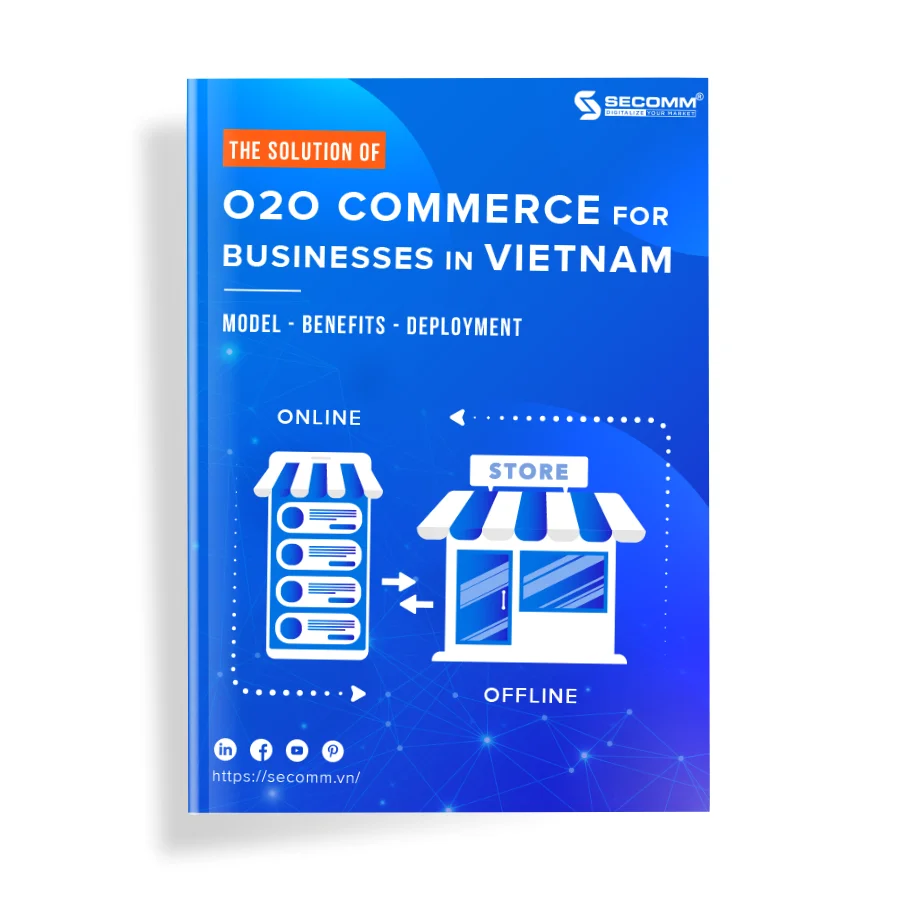
Comment (0)